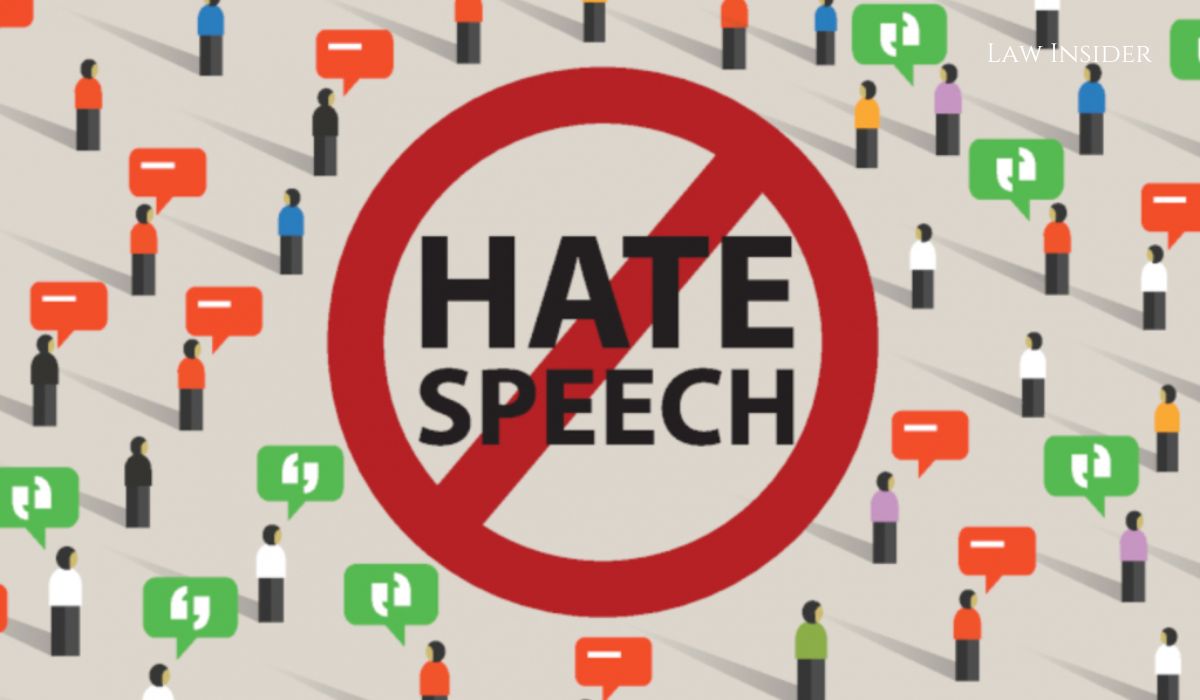Priyanka Singh
Published on: September 22, 2022 at 20:01 IST
Supreme Court showed signs of deep concern on Wednesday about the unregulated hate speeches going around in the media while pressing the dire need the country has to build a firm regulatory mechanism against such speeches.
During the courtroom exchange, it also questioned to the Government of India about its stand on the issue.
Justice K. M. Joseph and Justice Hrishikesh Roy heard a batch of eleven writ petitions which sought the directions for solving the issue of hate speeches.
The petitions included speeches made at the Dharam Sansad meetings, ‘UPSC Jihad’ on Sudarshan NewsTV, and the solution to the social media messages that communalized the COVID-19 pandemic.
The Law Commission’s Recommendations and the Centre’s Take –
One of the petitioners, Advocate Ashwini Kumar Upadhyay, informed the Court of the reply received from the Election Commission on being asked the provisions of law relating to hate speech in India.
The reply suggested that amendments incorporating specific provisions are required. The Advocate also highlighted the fact that the law lacked any definition to the words ‘Hate Speech’ and ‘Rumour Mongering’.
On this, the Justice Joseph questioned the Government of India on its stand being that of a ‘mute witness’, while also suggesting the government to constitute an institution for the same.
The Court also asked the Government of India on its intentions to act on the Recommendations made by the Law Commission of India on the issue of Hate Speech (the impact, identification and the examination of a hate speech).
To the questions of the Court, the Government replied that only 14 out of the 29 States have responded independently to such an initiation of change.
An Anchor’s Role –
Justice Joseph observed and remarked that, “The role of the anchor is very important. Hate speech either it takes place in the mainstream television or it takes place in the social media. Social Media is largely unregulated….”
“As far as mainstream television channel is concerned, we still hold sway, there the role of anchor is very critical because the moment you see somebody going into hate speech, it’s the duty of the anchor to immediately see that he doesn’t allow that person to say anything further.”
“Unfortunately, many a times somebody wants to say something he is muted, person is not given proper time, he is not even treated courteously.”
He also compared the freedom of press to that of the United States and that we don’t have it separated from the freedom of expression.
He stressed that a line must be drawn to limit the influence of visual media and that, the debates today are just noise, concluding nothing for a listener to gain.
Justice Joseph also stated the fact that the political parties today in play may go tomorrow, but the nation is here to stay and that, the press will continue to function as well, independent to that of the parties in rule. Therefore, it is crucial to have a free press in India.
“Hate Speech completely poisons the very fabric…It cannot be permitted”, Justice Joseph remarked.
A Regulatory Mechanism –
The bench remarked the difference between the press in India and the press in England is clearly different, highlighting the latter being fined heavily.
The bench remarked the problem being that the views being broadcasted are highly unregulated and that the parties to a debate having different views than the theme of the channel are not allowed expressing themselves, during which, the hate towards diverse views in orchestrated through the medium and the viewer is driven by the hate as well.
The bench has given the date of disposal of cases as 23rd November.

